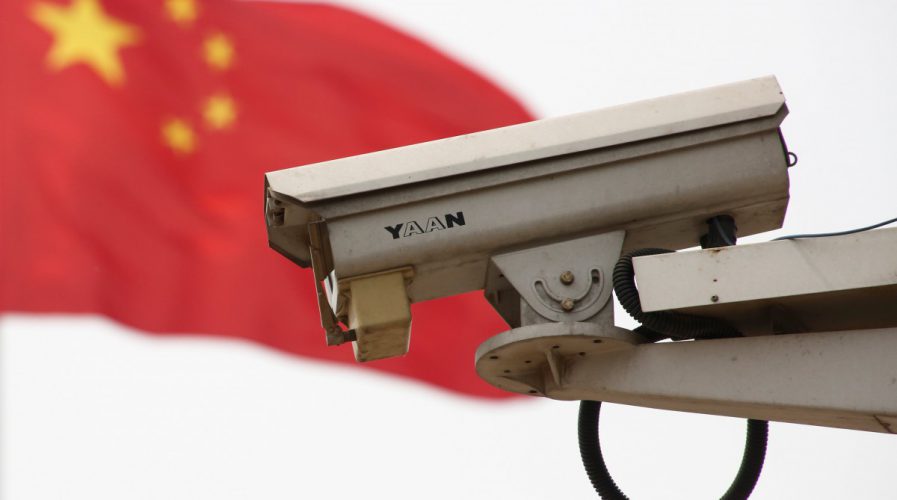
China is imposing stricter data reviews rules and here’s what it comprisesSource: Reuters
China: Upcoming Cybersecurity Law feeds concerns of foreign firms
BUSINESSES in China are bracing themselves for the ruling party’s new Cybersecurity Law, which is due to come into effect on June 1 and is expected to cause major disruptions for media outlets, publishers and social media accounts.
China is a famously restrictive digital space, but the new laws are seen to further that reputation while also bringing a range of services and technology products to a screeching halt. Today, many social media sites that are widely available everywhere in the world, such as Facebook and Twitter, are restricted to China’s massive Internet user base.
Cyber Security Law to protect foreign business operations in China https://t.co/iRJ61dvUAQ pic.twitter.com/1LobUSo5bC
— Global Times (@globaltimesnews) May 26, 2017
Restrictions on Internet services have resulted in a largely insular community, and that reality is going to worsen as the recent law changes broaden the definition of those who would be subject to the stipulations. Businesses and industry groups have lobbied fiercely for a delay in the laws, which will be seen to directly impact their bottom lines, but their pleas have fallen on deaf ears.
Most surprising has been the response of individual foreign companies, who do not have a history of speaking out against government policy. Yet, Bloomberg reports more than 50 trade associations and chambers of commerce have written to the government in a quest for a delay of the law’s implementation, which could impact valuable cross-border trade, as well as needed capacity from foreign cloud operators.
“These measures will add costly burdens, restrict competition and may decrease the security of products and jeopardize the privacy of Chinese citizens,” according to a letter from players from the United States, Europe, Japan, Korea, Australia, and elsewhere, as reported by Bloomberg.
However, it’s not merely technology companies that would get slapped around by the new rules – semiconductor makers and financial service providers will find their operations hampered by the new rules.
Some parties in China have agreed the law is beneficial for national security purposes, particularly as cybersecurity issues have taken center stage in the last fortnight.
“We can assume Chinese leadership will use it as an example of why China needs its own technology and cannot continue to rely on foreign suppliers,” said Adam Segal, director of the Digital and Cyberspace Policy Program at the Council on Foreign Relations in New York, to Bloomberg.
SEE ALSO: Baby, it’s cold outside: Facebook builds censorship tool to attain China re-entry
In comparison, Gabriela Kennedy, a partner at legal firm Mayer Brown JSM in Hong Kong, told Bloomberg some critics were wary of the “onerous” expansion of the law.
However, it’s certainly been agreed upon the law is designed to affect foreign firms the most, because MNCs will have to deal with the extra bulk of additional businesses, headquarters and data-processing centers in other parts of the world, so operationally the new law will slow many administrative processes.
China’s legislature, the National People’s Congress’s Standing Committee passed the law back in 2016, but it will come into full effect on June 1. The delay was designed to allow companies to prepare.
READ MORE
- Ethical AI: The renewed importance of safeguarding data and customer privacy in Generative AI applications
- How Japan balances AI-driven opportunities with cybersecurity needs
- Deploying SASE: Benchmarking your approach
- Insurance everywhere all at once: the digital transformation of the APAC insurance industry
- Google parent Alphabet eyes HubSpot: A potential acquisition shaping the future of CRM
